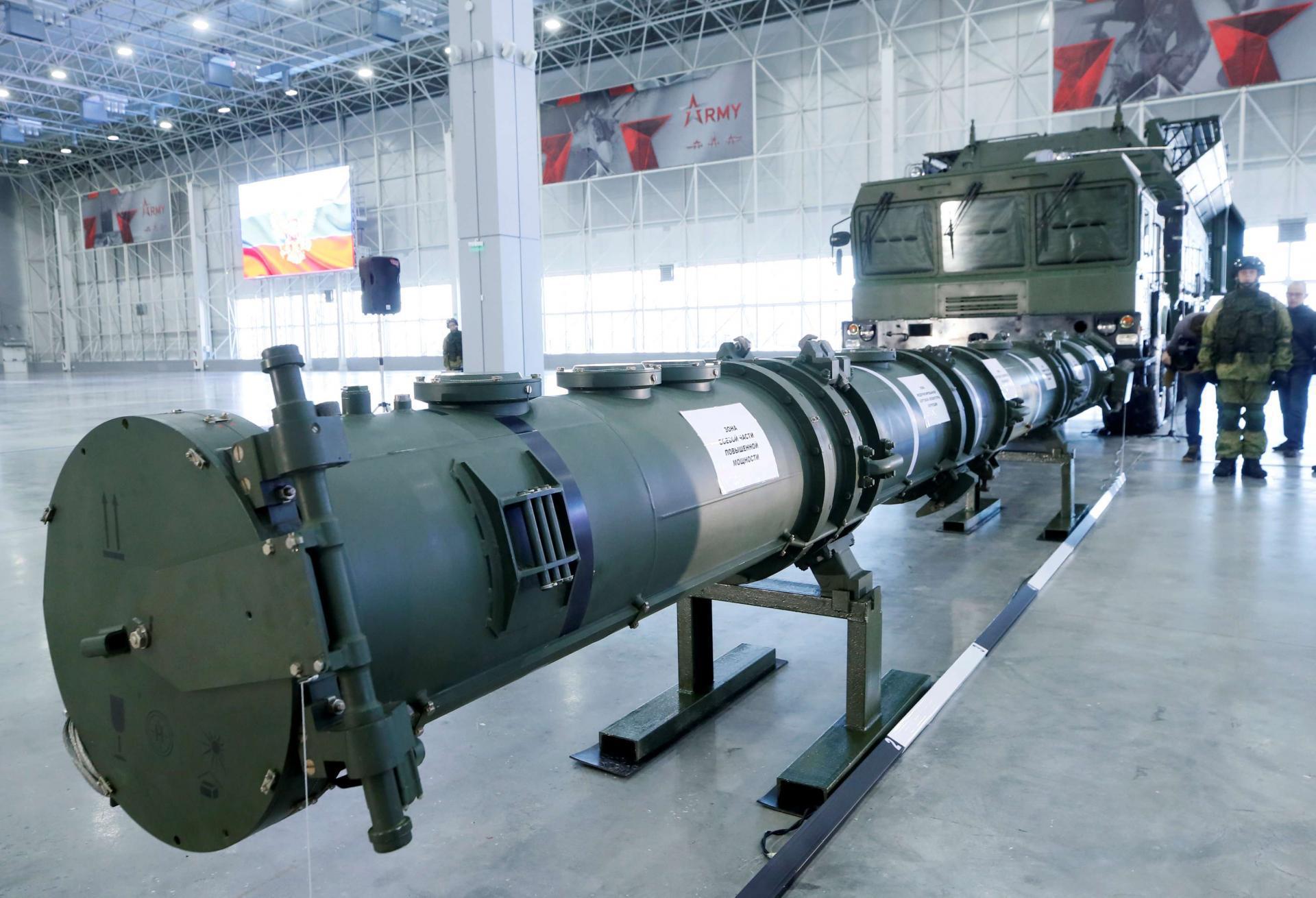( لماذا سوريا ،Why Syria)
محمد علي، باحث سياسي
المقدمة:
لطالما كانت سوريا محور اهتمام إقليمي ودولي عبر العصور، نظرًا لموقعها الاستراتيجي، وتاريخها العريق، وثرواتها المتنوعة. فمنذ القدم، شكلت سوريا نقطة التقاء الحضارات ومسرحًا للأحداث الكبرى، بدءًا من الإمبراطوريات القديمة وحتى الصراعات الحديثة. لعبت دورًا محوريًا في الأحداث العالمية والإقليمية، مما جعلها ساحةً لتقاطع المصالح السياسية والاقتصادية والعسكرية.
سوريا ليست مجرد دولة ذات حدود جغرافية، بل تمثل نقطة مركزية في الشرق الأوسط، تتفاعل فيها مختلف العوامل الجيوسياسية التي تؤثر على الأمن والاستقرار العالمي. فقد كانت دائمًا في قلب التوازنات الإقليمية، سواء من خلال العلاقات السياسية التي تربطها بالدول الكبرى، أو عبر موقعها الذي يجعلها مركزًا للصراعات والتحالفات.
إن السؤال “لماذا سوريا؟” يحمل في طياته معانٍ عميقة تتجاوز الجغرافيا والتاريخ، فهو استفسار عن أسباب هذا الاهتمام المستمر بالدولة السورية، وعن الدوافع التي تجعل منها محورًا رئيسيًا في المشهد الدولي. للإجابة على هذا السؤال، يجب استعراض مجموعة من العوامل المؤثرة، مثل الموقع الجغرافي، والثروات الطبيعية، والأحداث السياسية، والدور الإقليمي، وكلها ساهمت في رسم ملامح الدور الذي تلعبه سوريا اليوم.
الموقع الجغرافي والاستراتيجي:
تقع سوريا في قلب الشرق الأوسط، مما يمنحها أهمية استثنائية في مختلف المجالات السياسية والاقتصادية والعسكرية. تمتد سوريا على مساحة تبلغ حوالي 185,180 كيلومترًا مربعًا، وتحدها من الشمال تركيا، ومن الشرق العراق، ومن الجنوب الأردن، ومن الغرب لبنان والبحر الأبيض المتوسط. هذا الموقع الجغرافي يجعلها نقطة وصل بين القارات الثلاث: آسيا، وأوروبا، وإفريقيا.
تتمتع سوريا بإطلالة استراتيجية على البحر الأبيض المتوسط، مما يمنحها منفذًا بحريًا مهمًا للتجارة الإقليمية والدولية. ميناء اللاذقية يعد واحدًا من أهم الموانئ البحرية في المنطقة، حيث يسهل عمليات التبادل التجاري ويشكل نقطة محورية في خطوط الملاحة البحرية.
كما أن قرب سوريا من مضائق حيوية مثل مضيق البوسفور ومضيق هرمز يجعلها في قلب التوازنات الجيوسياسية. وتلعب دورًا رئيسيًا في مشاريع خطوط أنابيب الغاز والنفط، حيث كانت محط اهتمام لمشاريع الطاقة التي تربط الخليج العربي بأوروبا عبر أراضيها.
إضافة إلى ذلك، تتميز سوريا بتضاريس متنوعة تجمع بين السهول الخصبة في حوض الفرات، والجبال في الغرب، والصحارى في الشرق، مما يجعلها بيئة متنوعة للزراعة والصناعة. وقد أدى هذا التنوع الطبيعي إلى جعلها منطقة جذب اقتصادي واستراتيجي عبر العصور.
من الناحية العسكرية، يعد موقع سوريا حاسمًا لأي قوة تسعى إلى فرض نفوذها في المنطقة. فمن خلال سيطرتها على طرق برية رئيسية تربط بين دول الجوار، تملك سوريا نفوذًا استراتيجيًا يمكنها من التأثير في المعادلات الأمنية والسياسية في الشرق الأوسط. تاريخيًا، شكل موقع سوريا نقطة التقاء للجيوش والإمبراطوريات، بدءًا من الفتح الإسلامي وصولًا إلى التدخلات العسكرية الحديثة.
التاريخ العريق والحضارات المتعاقبة:
تعد سوريا مهدًا للعديد من الحضارات القديمة مثل الأرامية، والآشورية، والفينيقية، والرومانية، والإسلامية. هذه الغنى التاريخي جعل منها أرضًا ذات أهمية ثقافية ودينية فريدة، حيث احتضنت دمشق – أقدم عاصمة مأهولة في العالم – العديد من المحطات التاريخية الكبرى. بالإضافة إلى ذلك، كانت سوريا جزءًا من طرق التجارة العالمية مثل طريق الحرير، مما ساهم في ازدهارها الاقتصادي والحضاري على مدى العصور.
التنوع الثقافي والديني:
تتميز سوريا بتعدد الأعراق والأديان التي تعايشت عبر القرون، ما أضفى عليها نسيجًا اجتماعيًا غنيًا ومتنوعًا. فقد احتضنت مختلف الطوائف والأقليات، مما جعلها نموذجًا فريدًا للتعددية الثقافية في الشرق الأوسط. كما أن لهذا التنوع انعكاسات على المشهد السياسي والاجتماعي، حيث كانت العلاقات بين الجماعات المختلفة عاملاً مهمًا في تاريخ البلاد.
الثروات الطبيعية والاقتصاد:
رغم أنها ليست من الدول النفطية الكبرى، إلا أن سوريا تمتلك موارد طبيعية متنوعة تشمل الزراعة، والغاز، والفوسفات. كما أنها تشكل نقطة عبور هامة لخطوط الطاقة، مما جعلها محورًا اقتصاديًا هامًا في المنطقة. فالزراعة كانت من أعمدة الاقتصاد السوري، حيث انذاك تشتهر بإنتاج القمح والزيتون والقطن. كذلك، فإن الصناعات التحويلية والبنية التحتية لعبت دورًا في تعزيز دورها الاقتصادي قبل الأزمات التي تعرضت لها.
الدور الإقليمي والسياسي:
منذ منتصف القرن العشرين، كانت سوريا لاعبًا رئيسيًا في السياسات الإقليمية، خاصة فيما يتعلق بالقضية الفلسطينية والصراع العربي-الإسرائيلي. انخرطت سوريا في العديد من الصراعات والتحالفات السياسية التي جعلتها طرفًا فاعلًا في معادلات المنطقة.
لعبت سوريا دورًا محوريًا في الحروب العربية الإسرائيلية، حيث كانت في مواجهة مباشرة مع إسرائيل خلال حروب 1948، 1967، و1973، كما دعمت الفصائل الفلسطينية وساعدت في تشكيل توازنات القوى في المنطقة. كذلك، كان لسوريا نفوذ كبير في الشأن اللبناني، حيث تدخلت عسكريًا وسياسيًا في الحرب الأهلية اللبنانية (1975-1990)، واستمرت في التأثير على المشهد اللبناني حتى نهاية عام 2024، ومن ثم شهدت سوريا حقبة جديدة من عمرها السياسي نتيجة التغير الكبير التي حدث فيها مما انعكس على هيكلية الدولة وسياستها الخارجية مما مكنها أن تودي دور التوازن الدقيق ودبلوماسية التهدئة التي منحها الانفتاح على السياسة الأقليمية وتحقيق الاستقرار السياسي.
الخاتمة:
سوريا ليست مجرد دولة على الخارطة، بل هي جزء لا يتجزأ من التوازنات السياسية والاستراتيجية في الشرق الأوسط والعالم. تاريخها العريق، وموقعها الجغرافي الفريد، وثرواتها الطبيعية، وأدوارها السياسية، جعلتها محط أنظار القوى الإقليمية والدولية. ومع استمرار التغيرات السياسية والصراعات في المنطقة، تبقى سوريا عاملًا رئيسيًا في صياغة مستقبل الشرق الأوسط.
Why Syria?
Introduction:
Syria has always been the focus of regional and international attention throughout history due to its strategic location, rich history, and diverse resources. Since ancient times, Syria has served as a crossroads of civilizations and a stage for major events, from ancient empires to modern conflicts. It has played a pivotal role in global and regional affairs, making it a battleground for intersecting political, economic, and military interests.
Syria is not just a country with defined geographical borders; it is a central point in the Middle East, where various geopolitical factors influence global security and stability. It has always been at the heart of regional balances, whether through its political relationships with major powers or its location, which makes it a focal point for conflicts and alliances.
The question “Why Syria?” carries deep meanings beyond geography and history. It is an inquiry into the reasons behind the continued interest in Syria and the motivations that make it a key player on the international stage. To answer this question, we must examine a range of influential factors, such as its geographical location, natural resources, political events, and regional role—all of which have shaped Syria’s position today.
Geographical and Strategic Location:
Syria is located at the heart of the Middle East, granting it exceptional importance in political, economic, and military spheres. It covers an area of approximately 185,180 square kilometers and shares borders with Turkey to the north, Iraq to the east, Jordan to the south, and Lebanon and the Mediterranean Sea to the west. This strategic location makes Syria a bridge between three continents: Asia, Europe, and Africa.
Syria has a significant coastline along the Mediterranean Sea, providing it with a crucial maritime outlet for regional and international trade. The Port of Latakia is one of the most important seaports in the region, facilitating trade exchanges and serving as a vital point in maritime navigation routes.
Additionally, Syria’s proximity to key straits such as the Bosphorus and Hormuz places it at the center of geopolitical balances. It plays a significant role in energy projects, as it has been a focal point for gas and oil pipeline projects connecting the Arabian Gulf to Europe via its territory.
Syria’s diverse topography includes fertile plains along the Euphrates River, mountains in the west, and deserts in the east, making it an attractive location for agriculture and industry. This natural diversity has historically made Syria an economic and strategic hub.
From a military perspective, Syria’s location is critical for any power seeking to establish influence in the region. With control over major land routes connecting neighboring countries, Syria holds strategic leverage in shaping security and political dynamics in the Middle East. Historically, Syria has been a meeting point for armies and empires, from Islamic conquests to modern military interventions.
Rich History and Successive Civilizations:
Syria is the birthplace of numerous ancient civilizations, including the Aramean, Assyrian, Phoenician, Roman, and Islamic civilizations. This historical richness has made it a land of unique cultural and religious significance. Damascus, the world’s oldest continuously inhabited capital, has witnessed many major historical milestones.
Moreover, Syria was part of global trade routes such as the Silk Road, which contributed to its economic and cultural prosperity over the centuries.
Cultural and Religious Diversity:
Syria is characterized by a rich social fabric, with multiple ethnicities and religions coexisting for centuries. It has embraced various sects and minorities, making it a unique model of cultural pluralism in the Middle East. This diversity has had political and social implications, as relations among different communities have played a crucial role in shaping the country’s history.
Natural Resources and Economy:
Although Syria is not a major oil-producing country, it possesses diverse natural resources, including agriculture, gas, and phosphate. It is also an essential transit point for energy pipelines, making it a significant economic hub in the region.
Agriculture has historically been a pillar of the Syrian economy, with the country being known for producing wheat, olives, and cotton. Additionally, manufacturing industries and infrastructure development contributed to Syria’s economic strength before the crises it faced.
Regional and Political Role:
Since the mid-20th century, Syria has been a key player in regional politics, particularly regarding the Palestinian cause and the Arab-Israeli conflict. Syria has engaged in numerous conflicts and political alliances, making it an influential force in the region’s power dynamics.
Syria played a crucial role in the Arab-Israeli wars of 1948, 1967, and 1973, maintaining direct confrontation with Israel and support
 arabprf.com ملتقى الباحثين السياسيين العرب _ عرب برف
arabprf.com ملتقى الباحثين السياسيين العرب _ عرب برف





